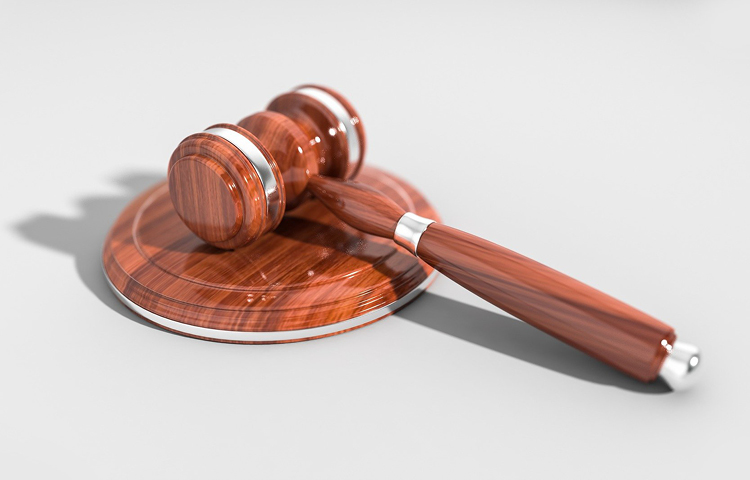
Practice Directions 51ZC (small claims pilot scheme) was launched on 1 June 2022, introducing a new scheme allowing small claims (claims for less than £10,000) to be determined “on paper” – or, in other words, without the need for a hearing or oral submissions.
Hasn’t the Court always been able to determine small claims on paper?
Previously, the parties to a small claim could agree to the claim being decided on paper. Now, the Court can proceed without a hearing even where the parties do not agree.
Will the parties have any say?
The small claims Directions Questionnaire has been updated to allow the parties to state whether they believe the matter is suitable to be determined on paper. If not, the parties will need to explain why. If both parties agree the claim is suitable, it will be decided on paper. The Court can however now also decide to consider the matter on paper even where the parties do not agree.
I want my day in court. Can I object to my case being decided on paper?
Yes – if the Court decides the case is to be determined on paper without your agreement, you can make submissions in writing as to why you object. The Court will then consider these objections and decide whether to continue on paper or if a hearing should be listed.
On what grounds could I object to my case being decided on paper?
Unfortunately, it is too early to know the type of objections that will be successful or how selective the Court will be.
Does the new small claims pilot apply to all small claims?
The pilot applies for the next two years to all small claims issued in Bedford, Luton, Guildford, Staines, Cardiff and Manchester, although will not be suitable in complex cases. It will likely apply to lower value cases, particularly those under £1,000. It will also apply to standardised types of claims such as flight delay compensation and parking ticket cases.
Why is the Court making these changes?
The changes will likely reflect the Court’s increasingly pragmatic approach to cost-effectiveness, proportionality and time management and are perhaps also a response to the backlog from the Covid-era still faced by the Courts.
What are the wider implications of the pilot scheme?
It is too early to know how the pilot scheme will work in practice and to what extent it will be implemented by the Courts. However, in principle it should assist the Courts in processing smaller and more straightforward cases in a more cost-efficient and streamlined way, freeing up the Court’s resources, clearing the existing backlog and reducing the delays faced by litigants with the progress of their case.
Are there any negative elements to the pilot scheme?
It may be that some litigants will feel they have missed their “day in court,” and of “justice being done.” This may lead to more challenges to Court’s decisions, defeating the object of the pilot. It will be interesting to see in time whether litigants are appreciative of the more straightforward route to justice, or if there is an increase in the rate of cases being appealed.
What shall I do if I think I have a claim?
Contact any member of our litigation team for advice on the most sensible way of progressing your claim.